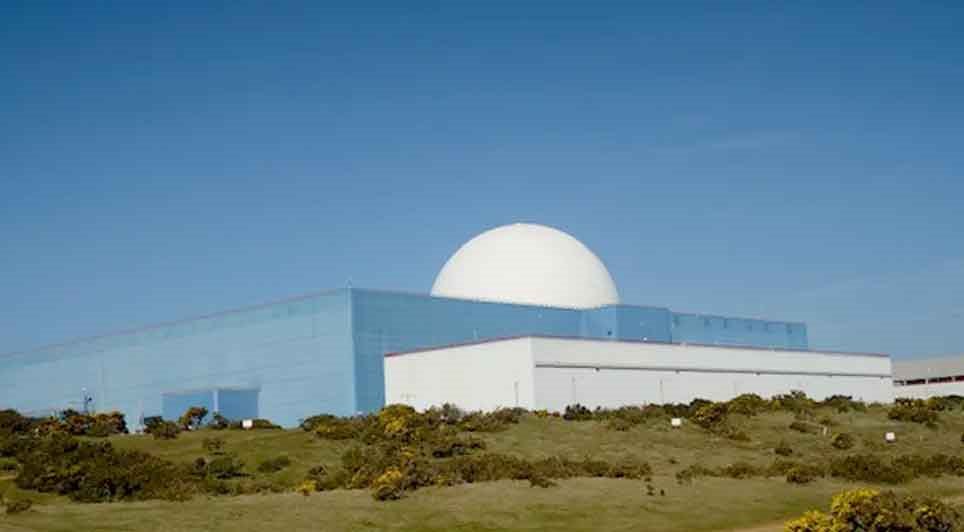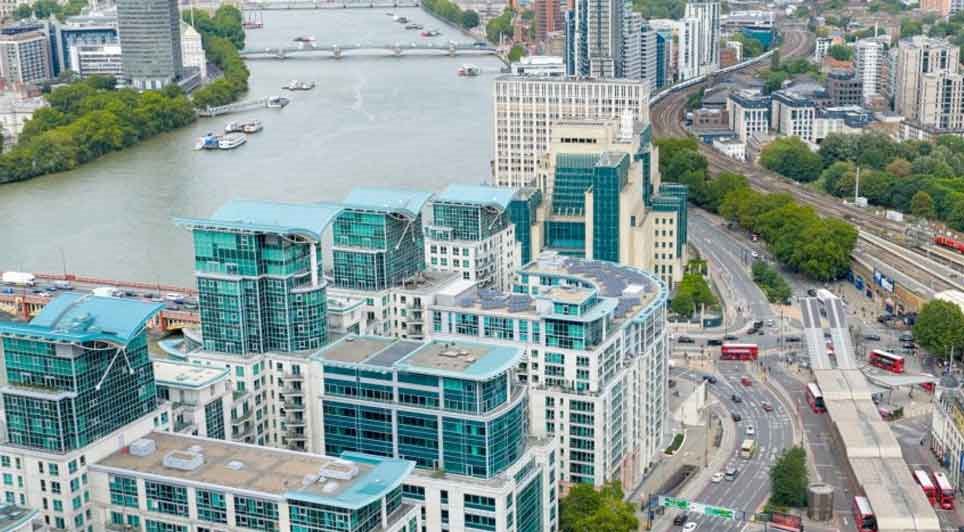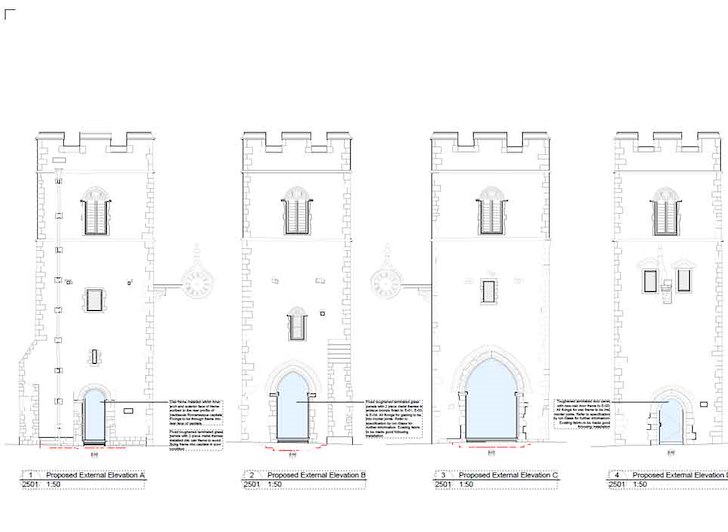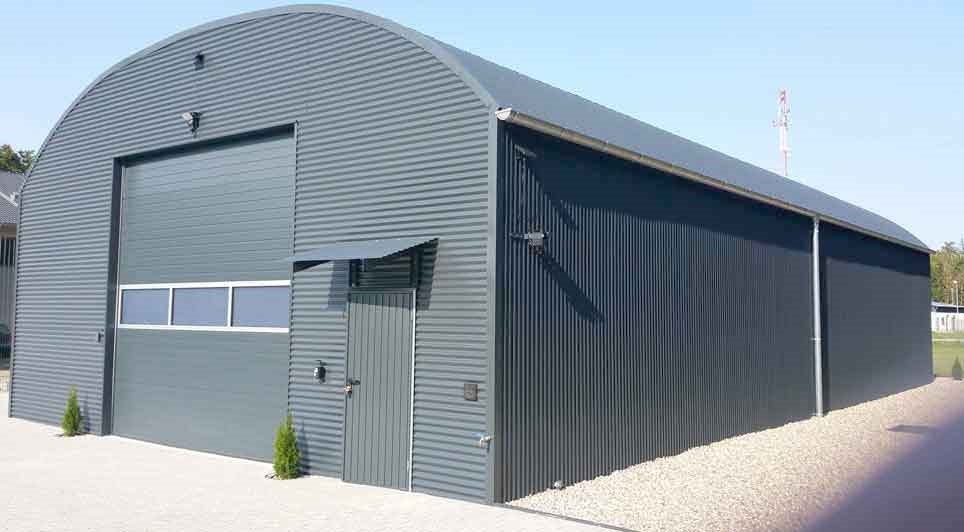The energy bills for private households could reach as high as £4,733 a year by 2020, nearly four times higher than they are today, according to new research from uSwitch.com.
The average household energy bill today is £1,243 a year. However, ongoing pricing trends coupled with investment in infrastructure, the cost of cutting carbon and boosting energy efficiency, could see this spiral.
The additional cost of investment alone is expected to add £548 a year onto consumers' energy bills.
Energy bills have more than doubled in the last five years – if this trend continues bills would reach £4,185 a year by 2020 without taking into account additional investment costs.
According to Ernst & Young, investment in Britain's energy supplies will cost £233.5 billion – this will add £548 a year onto household energy bills for the next 15 years.
Ann Robinson, Director of Consumer Policy at uSwitch.com, said: "This is a wake-up call for us all. The £5,000 a year energy bill may seem like an outside possibility, but we have to remember that energy bills doubled in the last five years alone and that the huge investment needed just to keep the lights on in Britain will alone add £548 a year onto our bills.
"The fact is we are entering a new era of high cost energy and households will have to adapt their behaviour accordingly.
"The Government has been banging the drum for energy efficiency for a while now, but consumers have been reluctant to spend money on these measures.
"As a result, energy efficiency has been massively underperforming even though it is one of the biggest defences we have against escalating energy costs. We also have a competitive energy market, and yet less than 5% of consumers are on the most competitive energy plans – most people are paying far more than they have to for the energy they use," she said.
"This has to change. My advice to consumers is to invest in making your home more energy efficient, reduce the amount of energy you use and make sure you are paying the lowest possible price for it.
"Big projects such as a new energy efficient boiler or home insulation can be expensive, but the savings you make through cutting the price of your energy could be re-invested into energy efficiency measures so that you reap even greater rewards in the future."
(CD/BMcC)
 UK
UK Ireland
Ireland Scotland
Scotland London
London

.gif)




















